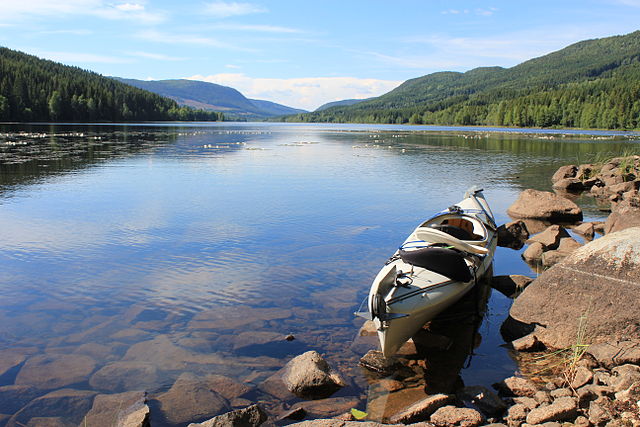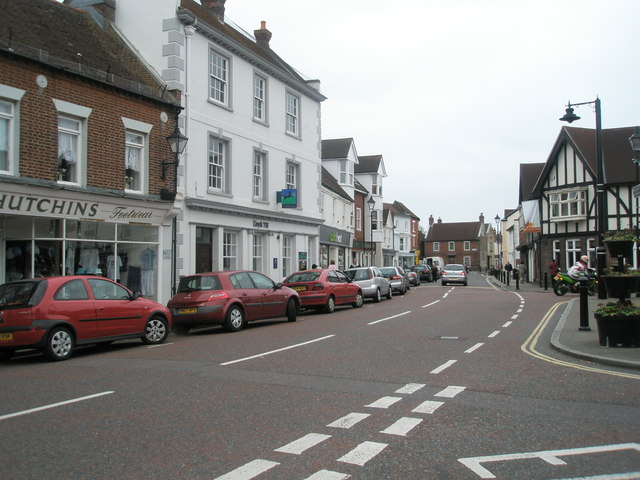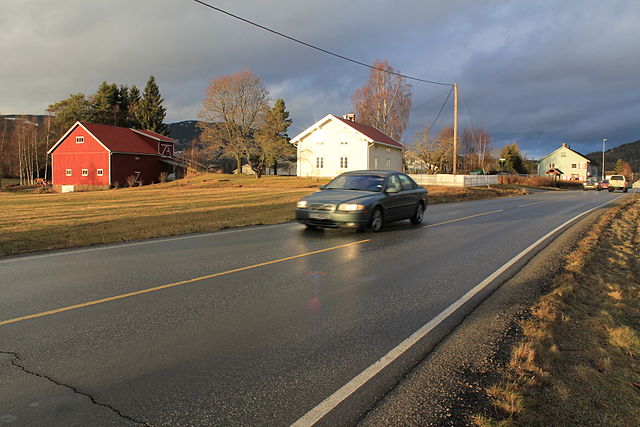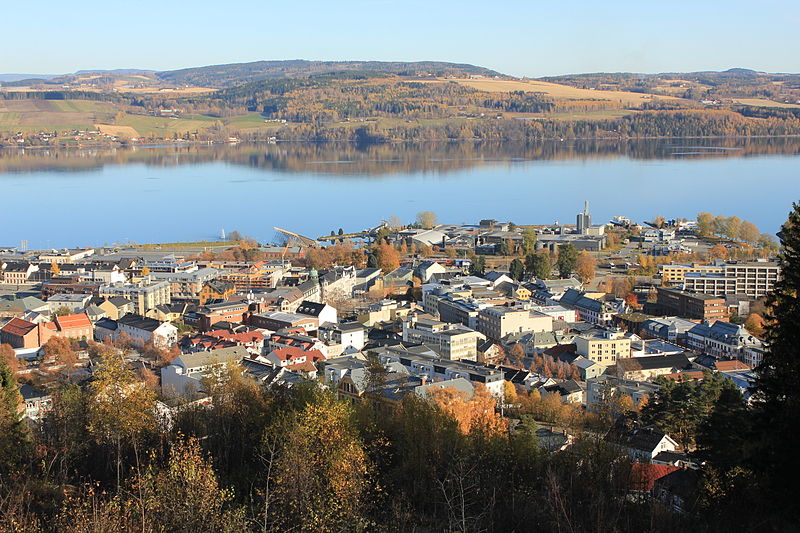Excerpt from Charles Siegel's book
Unplanning,
chapter 7. I strongly recommend to visit Siegel's
Preservation Institute for reading free e-books and other resources.
Published at P2P-Foundation on August 31, 2014.
Noise is another telling example of the failure of growth. All through the nineteenth and twentieth century, the middle class tried to move to quieter neighborhoods by moving to lower density suburbs. Until World War I, they succeeded: from the walking city to the streetcar suburb, middle-class neighborhoods did become pleasanter and quieter. But during the twentieth century, so many new sources of noise appeared that modern suburbia is noisier than the much denser streetcar suburbs were one hundred years ago.
It should be obvious by now that the only way to reduce noise is by limiting its sources!
For example, cities and suburbs could cut their noise levels significantly by banning gasoline-powered gardening equipment. Electric edgers and electric chain saws work just as well, and there are always electrical outlets within reach on urban or suburban lots; there are also rechargeable battery-powered lawn mowers available. Some cities already have banned gasoline powered leaf blowers, because people refuse to put up with this new nuisance; the next step is to go back and get rid of the old nuisances that people accepted in the days when they thought less about the quality of life.
Some sources of noise can be banned at the municipal level, but we also need strict Federal standards to limit noise from motorcycles, garbage trucks, construction equipment, trucks with refrigeration equipment, and the like. Federal noise standards were developed in the 1970s, but they were never implemented, because the Reagan administration said they would slow economic growth: no doubt Reagan believed that people needed faster growth so they could afford to move to suburbia and get away from the city's noise.
 |
| A Norwegian suburb. A paradise of Reagan. |
Likewise, if we want any quiet in our parks, we need to restrict the use of jet skis, snowmobiles, off-road vehicles and other motorized recreational equipment. Americans already spend too much time pushing buttons and getting instant gratification, and we would be better off with outdoor recreation that requires more physical effort, such as canoeing, sailing, hiking, and bicycling. Environmentalists have had some success in banning off-road vehicles, snowmobiles, and jet skis.
 |
| We would be better off with outdoor recreation that requires more physical effort, such as canoeing |
Finally, if we want any quiet in either our cities or our countryside, we need quieter cars and trucks. Hybrid cars, such as the Toyota Prius, are much quieter than ordinary cars. Likewise, hybrid turbine buses reduce the noise and pollution from diesel buses dramatically, and we need similar technologies to replace conventional diesel trucks.
Noise is the number one reason that people give for wanting to live in lower density neighborhoods.
Vehicles are the single greatest source of noise in suburbs and cities. Noise is the number one reason that people give for wanting to live in lower density neighborhoods. Noise is also responsible for some of our worst suburban design - such as subdivisions surrounded by sound walls. There will be limits to the popularity of neotraditional neighborhoods until we do something to reduce traffic noise: many people will not want to live in denser neighborhoods if they have to listen to neighbors revving up their cars and motorcycles.
 |
| Many people will not want to live in denser neighborhoods if they have to listen to neighbors revving up their cars and motorcycles. Image: Basher Eyre |
Noise is a clear example of the failure of growth. Through the nineteenth century, growth and new technology such as electric streetcars allowed people to escape from the cities to lower density neighborhoods that were quieter. During the twentieth century, new technology allowed people to escape to even lower density neighborhoods, but new technology also made these neighborhoods noisier. By now, it should be clear that political control of technology is needed to give us quiet neighborhoods or even a quiet countryside.
 |
| Even on the countryside cars have taken over |







%2C_Connaught_Ave._looking_south_from_Queen_Street.jpg)






